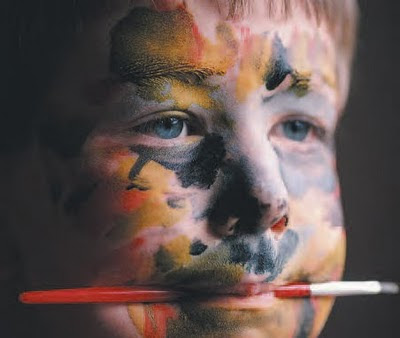When Baron Pierre de Coubertin founded the modern Olympic Movement in 1894, he was inspired by the Ancient Greeks whose Olympic events involved not only the best athletes but the best artists of the time. De Coubertin upheld the belief that adding an artistic component to the Olympics would enhance the understanding of different cultures, promoting peace and understanding among nations. Olympic host cities are required to produce a cultural program that highlights and showcases the culture of the host nation to an international audience.
The 2010 Olympic Games are centered on three pillars: Sport, Culture and Sustainability. The City of Vancouver is rich in the arts, and has chosen to showcase local and international artists as an important aspect of the spirit of the Olympics. Bring these important values into your Montessori Classroom with culture and sustainability activities.
2010 Olympic Games: Culture and Sustainability Activities for the Montessori Classroom
Vancouver has done what no other host city has done - the past two years have been dedicated to a Cultural Olympiad which showcases the best in Canadian and international arts and culture. Between 2008 and 2009, more than 700 performances and exhibitions were held in the metro Vancouver area. In 2010, the Cultural Olympiad will run another 60 days throughout the Olympic and Paralympic Games showcasing 400 free and 350 ticketed performances and exhibitions. These events span coverage of Aboriginal, classical, and contemporary art and culture.Promoting a Culture and Sustainability in your Montessori Classroom
- Climate changes effects us all. The Cape Farewell Project has brought together artists, writers, scientists, educators and the media to explore the High Arctic. They've brought back their stories and artworks that share how global warming is affecting the planet. http://www.capefarewell.com/
- Explore classical music through the Canadian National Arts Centre’s Music Alive Program. There are great resource kits for teachers, including composer timelines, videos, podcasts, and even recordings of Mozart, Schubert, Beethoven, and Vivaldi. http://www.artsalive.ca/en/mus/musicresources/teachers.html
- Get involved with Right to Play, whose mission is to “improve the lives of children in some of the most disadvantaged areas of the world by using the power of sport and play for development, health and peace.” They seek to “create a healthier and safer world through the power of sport and play.” Their values accurately reflect those found in our Montessori classrooms as seen in this acrostic poem found on their website: (http://www.righttoplay.com/canada/Pages/Home.aspxHome.aspx)
CO-OPERATION
HOPE
INTEGRITY
LEADERSHIP
DEDICATION
RESPECT
ENTHUSIASM
NURTURE
HOPE
INTEGRITY
LEADERSHIP
DEDICATION
RESPECT
ENTHUSIASM
NURTURE
- Connect with your favorite athlete while learning how to reduce your carbon footprint at http://www.projectbluesky.ca/index.php
As much as possible, NAMC’s web blog reflects the Montessori curriculum as provided in its teacher training programs. We realize and respect that Montessori schools are unique and may vary their schedules and offerings in accordance with the needs of their individual communities. We hope that our readers will find our articles useful and inspiring as a contribution to the global Montessori community.
© North American Montessori Center - originally posted in its entirety at Montessori Teacher Training on Tuesday, February 2, 2010.
© North American Montessori Center - originally posted in its entirety at Montessori Teacher Training on Tuesday, February 2, 2010.



0 comments:
Post a Comment
Have questions or comments? Let us know what you thought about this article!
We appreciate feedback and love to discuss with our readers further.